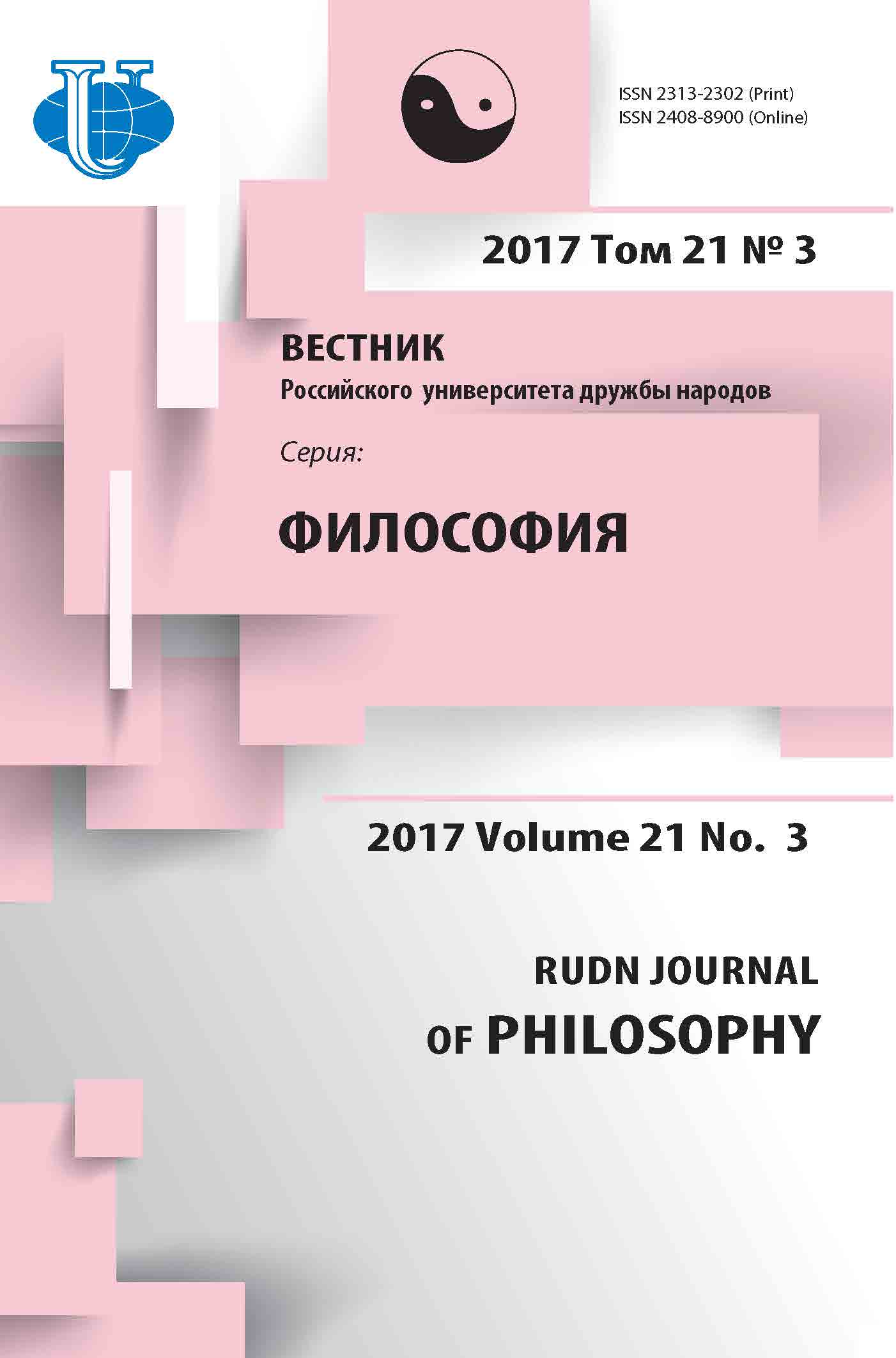COMPUTER TECHNOLOGIES IN THE CONTEMPORARY EDUCATIONAL PROCESS: THE ETHICAL ASPECT
- Authors: Tsvyk IV1
-
Affiliations:
- Moscow Aviation Institute (National Research University)
- Issue: Vol 21, No 3 (2017)
- Pages: 379-388
- Section: Articles
- URL: https://journals.rudn.ru/philosophy/article/view/16986
- DOI: https://doi.org/10.22363/2313-2302-2017-21-3-379-388
- ID: 16986
Cite item
Full Text
Abstract
The article is devoted to the ethical evaluation of the possible consequences of informatiza-tion of all forms of educational activity. The author considers the positive and negative aspects of the wide-spread introduction of computer technologies in the educational process. The use of computer technologies in the educational process is designed to solve important didactic tasks. First of all, it is the improvement of the organization of the educational process, the acceleration and intensification of the learning process, ensuring its flexibility and individual approach. In addition, computer technology can significantly improve the productivity of self-training students, ensure the development of their personality, stimulate research activities and generally increase the level of independence in the learning process. In the same time, in the ethical plan the most dangerous consequence of the mass transfer of the educational process to computer training schemes is the possible dehumanization of the educational process, the departure of the spiritual personal component from it. The most dangerous consequence of the complete transfer of the educational process to computer tracks is the possible curtailing of live dialogical communication among the participants in the educational process, which is the most important and practically the only source of speech development for the students, and consequently their independent creative thinking.
Keywords
About the authors
I V Tsvyk
Moscow Aviation Institute (National Research University)
Author for correspondence.
Email: tsvykirina@mail.ru
Цвык Ирина Вячеславовна - доктор философских наук, профессор кафедры философии Московского авиационного института (Национального исследовательского университета)
4, Volokolamskoe highway, 125171, Moscow, Russian FederationReferences
- Federal Law of the Russian Federation “Ob obrazovanii”. Available from: http://zakon-ob-obrazovanii.ru. (In Russ).
- Volkova NP. Tradicionnye i innovacionnye tehnologii sovremennogo obrazovanija. Filosofskoe obrazovanie. 2016;1 (33):32—36. (In Russ).
- Dendev B, editor. Informacionnye i kommunikacionnye tehnologii v obrazovanii. Moscow: IITO UNESKO; 2013. (In Russ).
- Lapshin IE. Vysshee obrazovanie kak faktor socializacii sovremennoj molodezhi: jeticheskij aspekt. Vestnik Rossijskogo universiteta druzhby narodov. Serija Filosofija. 2016;3: 88—95. (In Russ).
- Kapto AS. Professional’naja jetika. Moscow: 2006. (In Russ).
- Savvina OV. Jeticheskoe regulirovanie v vysshem uchebnom zavedenii i uslovija ego jeffektiv¬nosti. Filosofija i kul’tura. 2013;8: 1152—1163. (In Russ).
- Tsvyk VA. Nravstvennye cennosti professional’noj dejatel’nosti. Lichnost’. Kul’tura. Obshhe¬stvo. 2014; 1—2 (81—82):262—268. (In Russ).
- Tsvyk VA. Professional’naja jetika: osnovy obshhej teorii. 3ed. Moscow: 2014. (In Russ).
- Tsvyk VA. Jetika vysshej shkoly (na primere Rossijskogo universiteta druzhby narodov). Vestnik Rossijskogo universiteta druzhby narodov. Serija Filosofija. 2016;3: 9—18. (In Russ).
- Tsvyk IV. Komp’juternaja jetika i problemy intellektual’noj bezopasnosti. Vestnik Rossijskogo universiteta druzhby narodov. Serija Filosofija. 2013;3:125—134. (In Russ).
- Tsvyk IV. Social’nye aspekty informacionnoj bezopasnosti obshhestva. Vestnik Rossijskogo universiteta druzhby narodov. Serija: Gosudarstvennoe i municipal’noe upravlenie. 2014;2: 76—84. (In Russ).
- Tsvyk VA, Tsvyk IV, Kosorukova AA, Lapshin IE, Moiseenko MV, Mukhametzhanova VS, Savvina OV. Etika vysshei shkoly. Moscow: RUDN; 2016. (In Russ).
- Moiseenko MV, Savvina OV, Mukhametzhanova VS, Kosorukova AA. Code of ethics as an instrument for maintaining professional ethics of university professors. Proceedings of the 3rd International Multidisciplinary Scientific Conference on Social Sciences & Arts, SGEM: 2016 Apr 6—9. Austria, Vienna; 2016. p. 403—410.
Supplementary files















